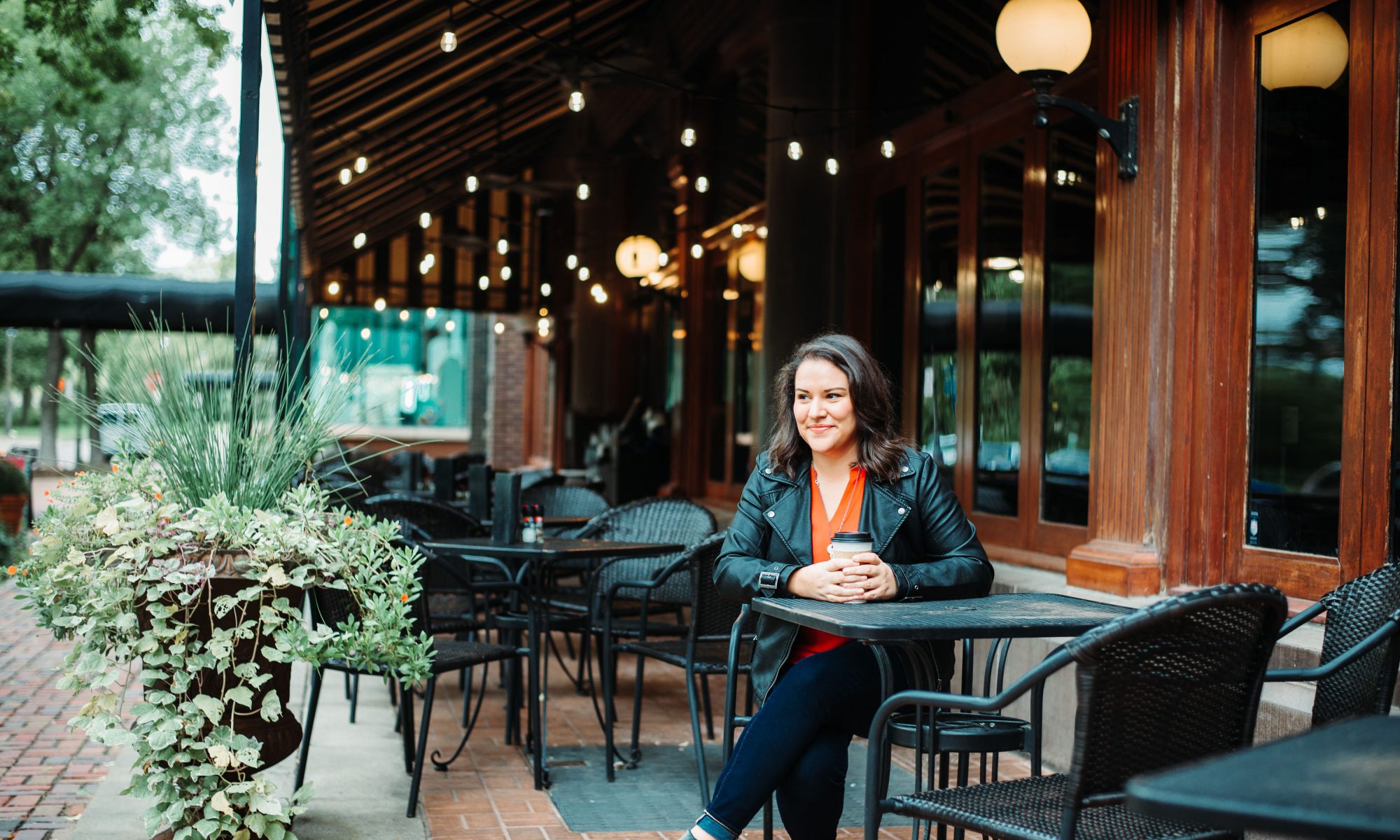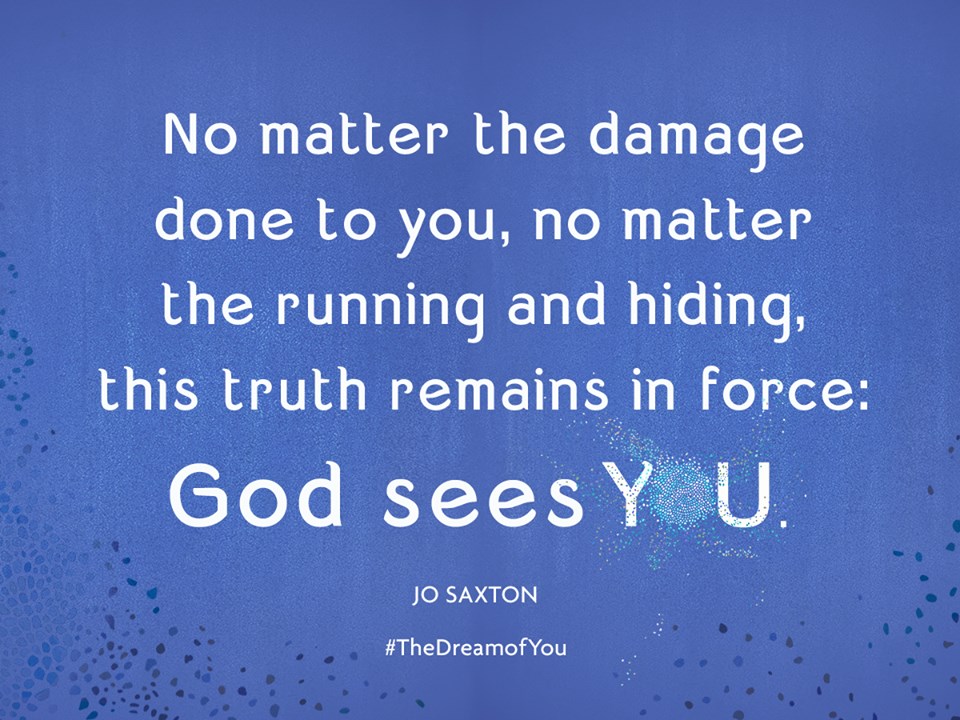Have we talked about the Enneagram yet? Maybe not, but we’ll start here. I’m a two. The Helper, the Befriender, the Loving One. You can read about it online, but that’s not the point here. One of the key fear motivations for a two is shame/humiliation. We do things in a way to keep shame and humiliation away from ourselves. When I first heard that about twos it resonated so much with who I am. I’ve always had this bent toward not making myself look silly or embarrassed. But I’m also realizing it keeps me from taking a lot of risks.
Earlier this summer I took a trip to the Boundary Waters with a fellow youth pastor and her volunteers. I’ve done some canoeing and camping in my life but not nearly as intense as this trip. For those who aren’t familiar with the Boundary Waters, Canoe Area (BWCA) it’s a series of lakes along the boarder of Canada/Minnesota. It’s a “Leave no Trace” area so everything you bring in you have to bring out. And you can only access most of the area by canoe or kayak.
We entered the BWCA on a Tuesday afternoon and came out Saturday morning. We traveled 40 miles by canoe and portaging. It was simultaneously amazing and incredibly challenging.
Learning a new skill set is never easy. Especially in front of others. I have a hard time navigating between wanting to impress others and being okay to make a mistake. Until we got to our first portage, I didn’t know what that word even meant. (It means we carry everything we have – packs and canoes – through the woods to the next lake). I had never learned the different types of paddle strokes to turn the canoe this way or that. It was all new to me. But in a group of 5 people – we all had to take turns.
So I learned to steer. The person in the back of the boat steers. There are three types of strokes that help the canoe turn left or right and depending on which side you are paddling on, you use either a C stroke or a J stroke to turn the boat. My first time steering was on our second day. I quickly became frustrated at how hard it was to judge which stroke to use and when. I was constantly overcorrecting. I asked my canoe partner how he got so good at it and what I needed to do and he simply said, “You just need to predict where the boat is going.” Or some other nonsense like that.
Not. Helpful.
But in a lot of ways, he was right. But moreso, I needed to be patient. Because what was happening was that I saw I needed to go right, so I’d start paddling really hard and over and over to make the boat go right. But then we’d be going too far right, so I’d have to quick switch strokes to go more left. But instead of going slowly or waiting for the boat to make its’ adjustments, I would just keep paddling. I was learning that if I slowed down and didn’t panic, I could make the corrections more intentionally. And save my arms a lot of work.
I was learning to have patience and trust in the system. In this particular situation it was to trust that all the interactions between the water, the canoe, the paddle and the wind were going to eventually work together. I just needed to slow down and be patient enough to wait to see how the boat would react. I needed to learn to not rush to the solution that seemed the easiest but to let there be some breathing room.
On my second day of steering it felt like I was starting over again. All the lessons I’d learned the day before felt like they had flown out of my head. I was frustrated that I didn’t remember which stroke turned the boat which way. I was too prideful to ask for clarification because that felt humiliating – all we’ve been doing is canoeing, why don’t I remember? Eventually the fear of falling behind forced me to ask the question of our guide – how do I do this? He answered with grace and expertise because he is an expert. It’s literally his job to teach this.
And the second day I got better than the first. By my third day, I wish I could say I had mastered it OR that I had no qualms asking for help, but I’m stubborn. So I had to fight against the boat one more time before asking for clarity and admitting I didn’t know what to do.
There are so many areas of life that I don’t have the experience in but they seem to be things I should just know. So I struggle against them, afraid to ask for help or admit I don’t know what I’m doing. I’m learning that about myself. I’m fine to be vulnerable when it comes to things I can control, but admitting I’m not good at something that feels easy to others – that’s not a vulnerability I’m ready to hand over just yet.
But I’m learning. Learning to lean into areas of weakness and letting others speak into them. I’m learning to not be afraid of my weakness – it will actually make me stronger and more capable of growth to embrace it. I need to let go of my expectations of perfection or being a master. It’s okay for me to not be the best. There’s beauty in knowing my weaknesses and knowing I’m working on it.

**Title from Mat Kearney’s “Face to Face”**

